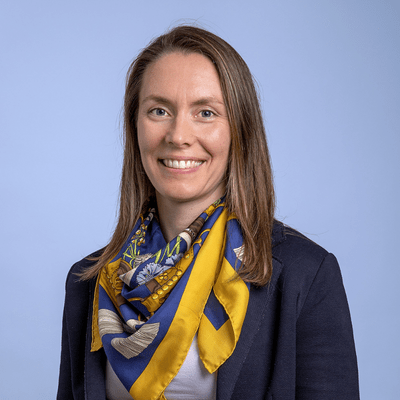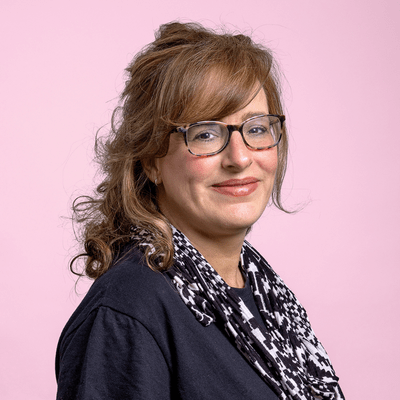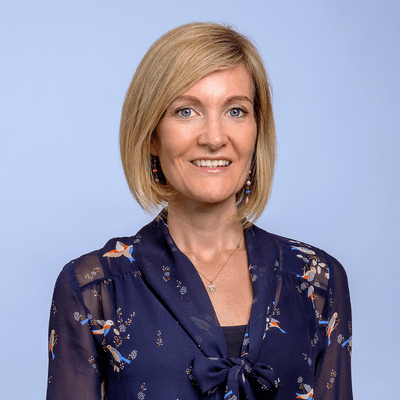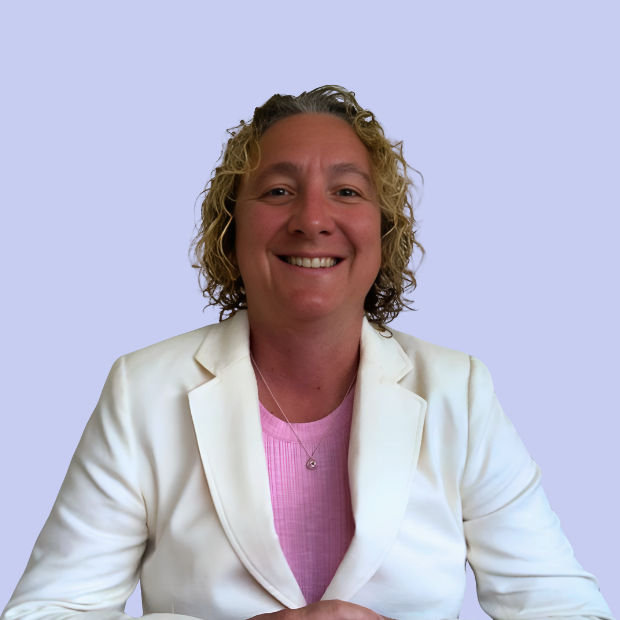Do you have something to share?
Whether something you see, hear about second hand, or personally experience, reporting your concerns or safeguarding related worries is always the right thing to do. If you have a concern, you can report it with the confidential reporting form or by contacting one of the Designated Safeguarding Leads.
Submit a safeguarding concernSubmit a safeguarding concern


.png)




